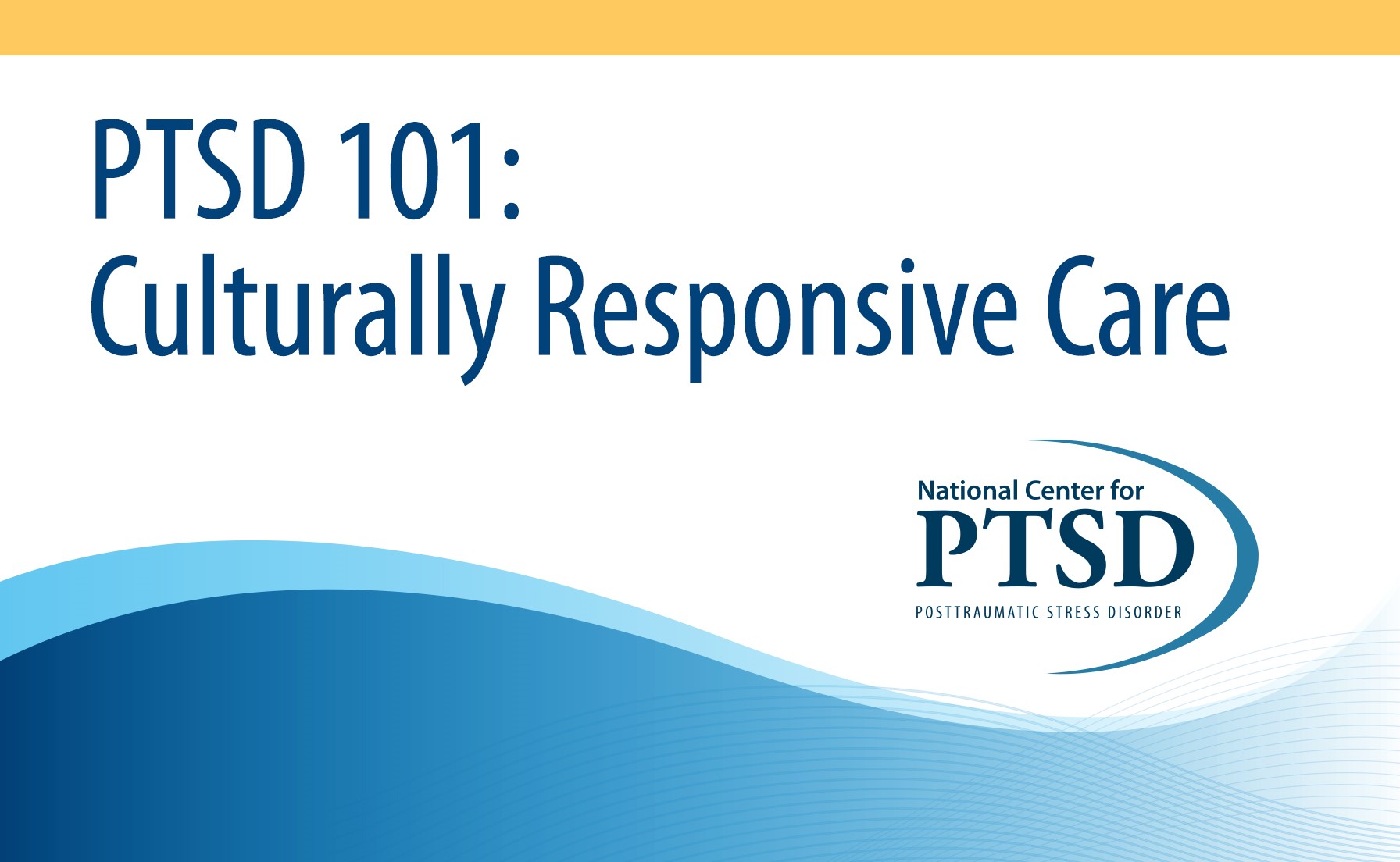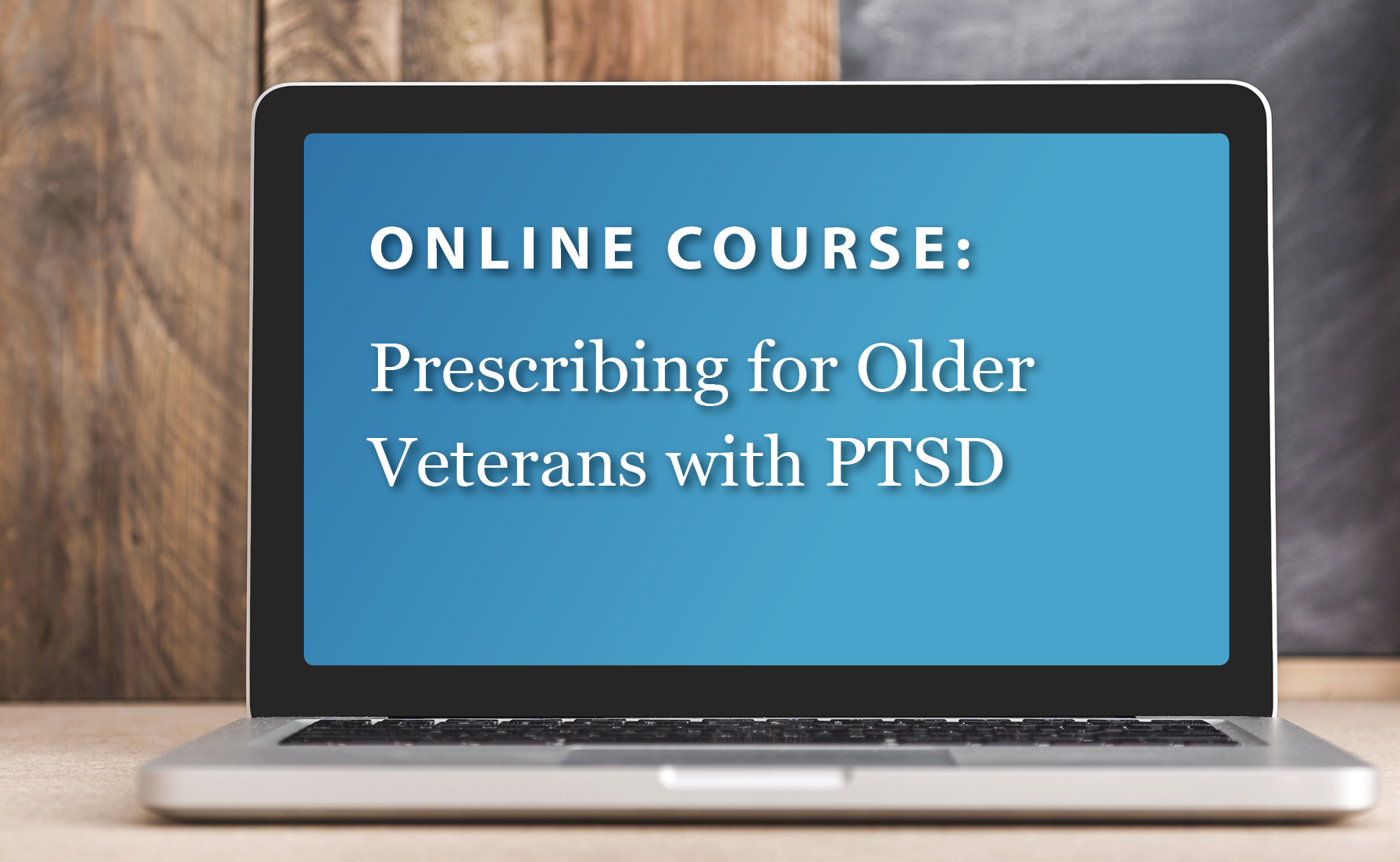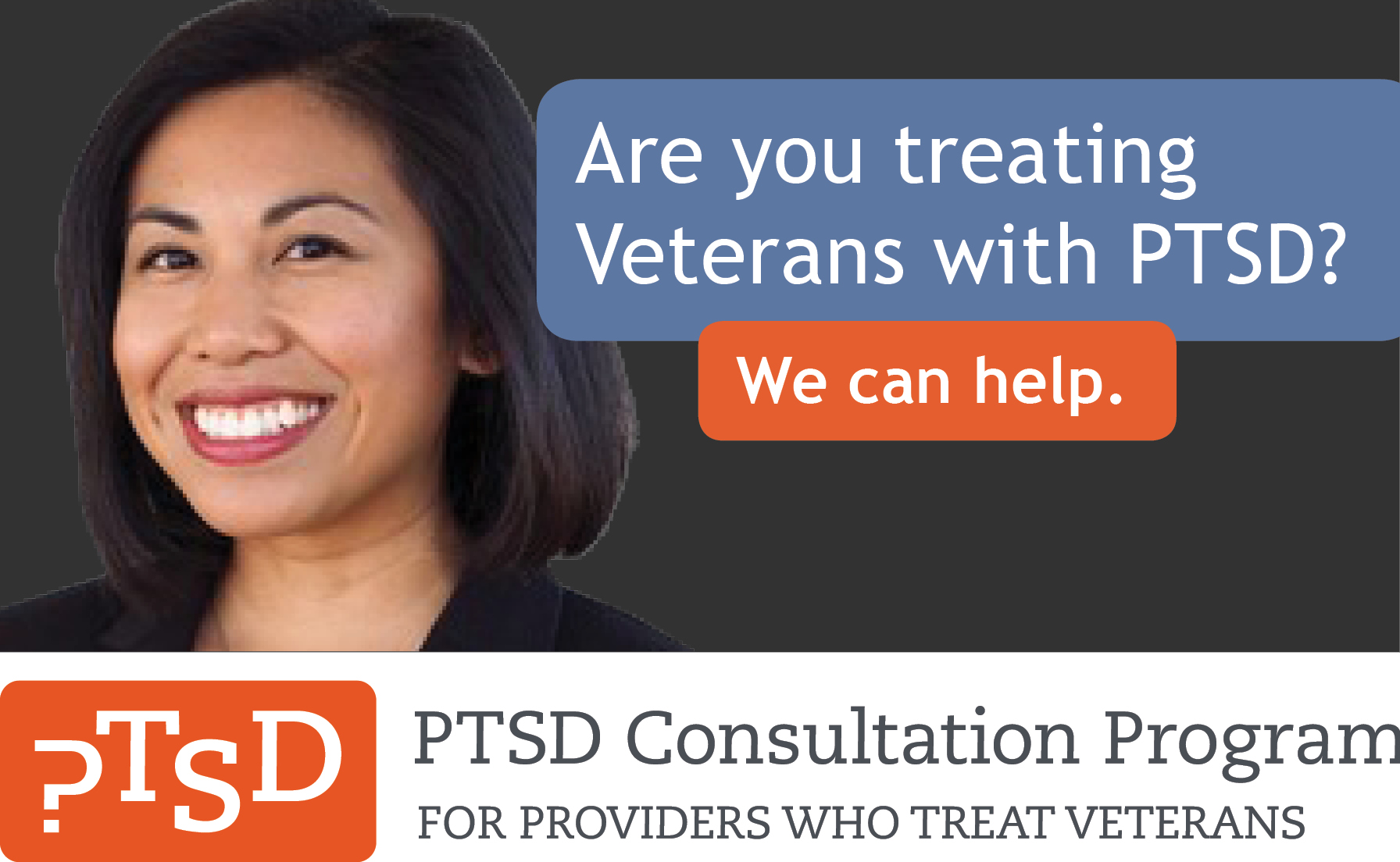PTSD: National Center for PTSD
Addressing Veterans' Reactions to Large-Scale Traumatic Events
Addressing Veterans' Reactions to Large-Scale Traumatic Events
When large-scale traumatic events occur in the U.S. or across the world, such as wars, terrorism, mass violence or disasters, it can be challenging for many Veterans, including those coming in for care at the VA. Veterans may experience a range of emotions. Those who served during conflicts may feel strong emotions as they may be reminded of their own experiences. All VA staff—many of whom are Veterans themselves—can be prepared to support Veterans and co-workers who may be emotionally affected by current events. You can help create a positive and comfortable environment, facilitate clinical referrals, and provide resources to help Veterans cope.
Common Reactions
Veterans will vary in their response to large-scale traumatic events. Some of the common reactions that Veterans may experience include:
- Feeling frustrated, sad, helpless, angry, betrayed or otherwise distressed
- Worrying about people who have been directly affected by the events
- Experiencing an increase in mental health symptoms like symptoms of PTSD or depression
- Sleeping poorly, drinking more or using more drugs
- Trying to avoid all reminders or media or shy away from social situations
- Spending excessive time following the news or social media
- Having more military and homecoming memories
- Questioning the meaning of their service or whether it was worth the sacrifices they made
- Some events may feel more difficult than others, because of a personal connection to the people who were affected or because it reminds Veterans of their own experiences
Veterans also may feel like they need to expect and/or prepare for the worst and may:
- Become overly protective, vigilant and guarded
- Become preoccupied by danger
- Feel a need to avoid being shocked by, or unprepared for, what may happen in the future
Consider the Environment in Your Work Area
Some Veterans who come into VA may be visibly upset, while with others, you may not be able to tell if they are having a difficult time. Below are suggestions for how to create an environment considerate of the many types of reactions Veterans may be having:
- Reduce reminders in the waiting areas by not showing television news and remove newspapers from displays of reading materials.
- If you are discussing the current events with co-workers, find a private place in which Veterans will not accidentally overhear you.
- Respect physical boundaries. Having adequate personal space helps people feel comfortable.
Communicating Your Support
The strategies below can help you interact with Veterans in a positive way, even if they feel upset or overwhelmed.
- Greet Veterans in a warm and welcoming manner.
- Listen and acknowledge the Veteran's distress. For example, you could say "Thank you for telling me what this is like for you."
- Do not minimize their distress by making statements like, "It'll be okay. You shouldn't be upset."
- Veterans are diverse in many ways. Do not assume you know what the Veteran is experiencing.
- If a Veteran is acting angry or impatient, consider that they may be having a difficult time. This will help you respond with empathy and respect.
- Keep the conversation focused on the Veteran's needs.
- Avoid talking about politics.
- If you do not agree with what the Veteran is saying, remember that people have different perspectives that are not necessarily right or wrong.
Help With Referrals and Resources
All VA staff, including non-clinical employees, can be prepared to help Veterans get the help they need.
- Offer to facilitate speaking with a clinician who can assess if a mental health referral would be helpful: "Would you like to speak with someone about how you're feeling?" You can also remind Veterans that they may self-refer to mental health if interested.
- Provide Veterans with resources, such as:
- Share Tips for Veterans Coping With Large-Scale Traumatic Events which offers ways to cope with ongoing stress.
- Share Trauma Reminders: Triggers which has many suggestions for ways Veterans can cope with events that are reminders of past traumatic experiences.
- The Veterans Crisis Line
 is available for free, confidential support 24 hours a day, 7 days a week. Call 988, then press "1" to speak with a responder qualified to support Veterans. You can also text 838255 or chat online.
is available for free, confidential support 24 hours a day, 7 days a week. Call 988, then press "1" to speak with a responder qualified to support Veterans. You can also text 838255 or chat online.
You May Also Be Interested In

PTSD 101: Culturally Responsive Care
Understand and develop the components of a culturally responsive case formulation.

PTSD 101: Prescribing for Older Veterans with PTSD
Learn best practices for pharmacological treatment for older Veterans with PTSD.
























